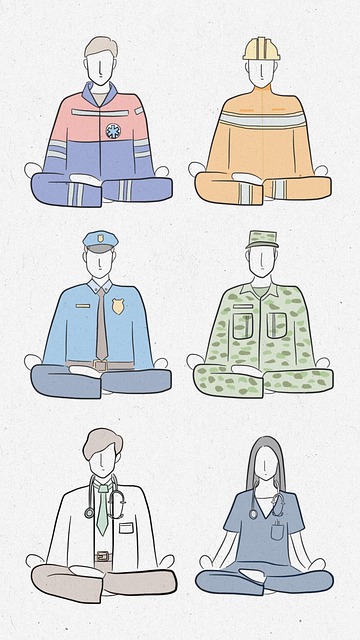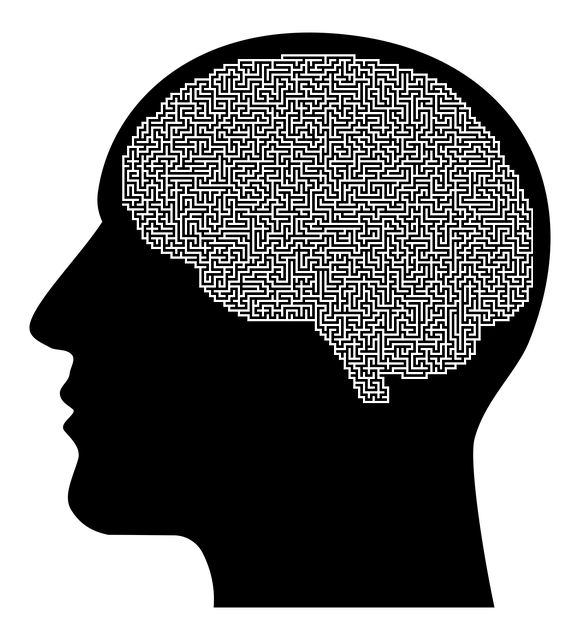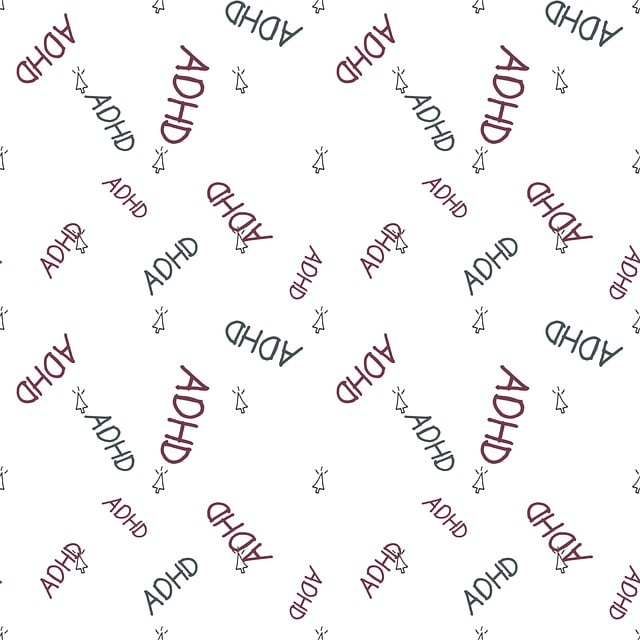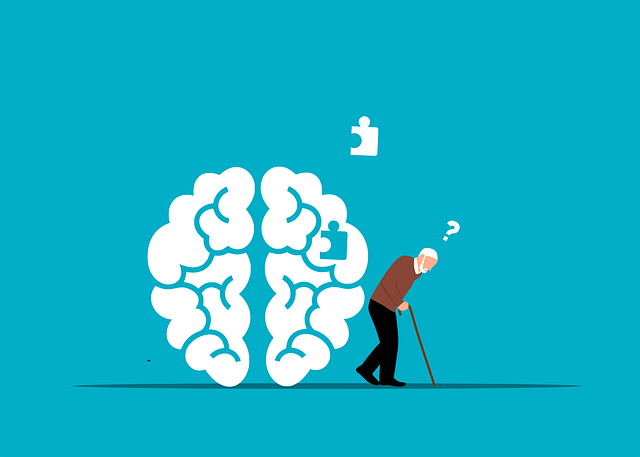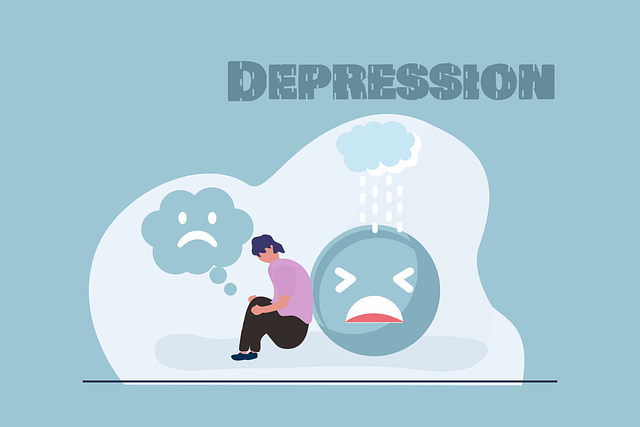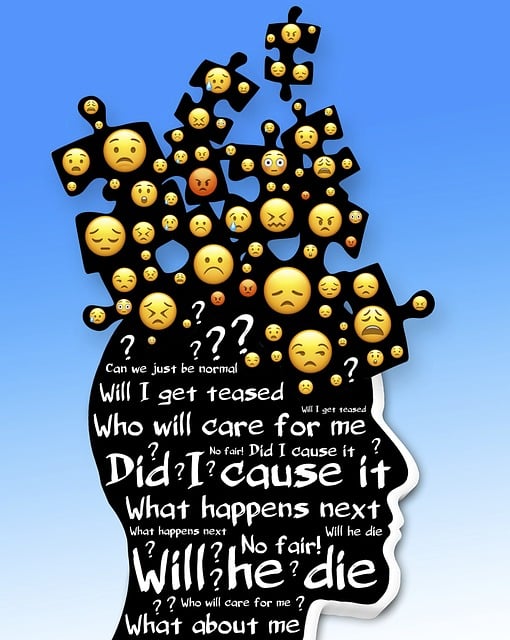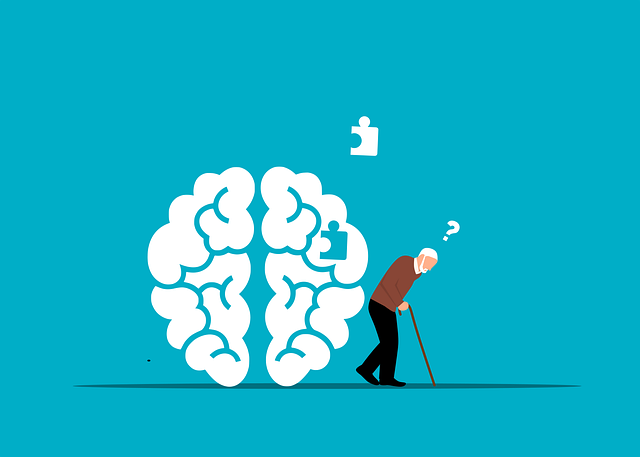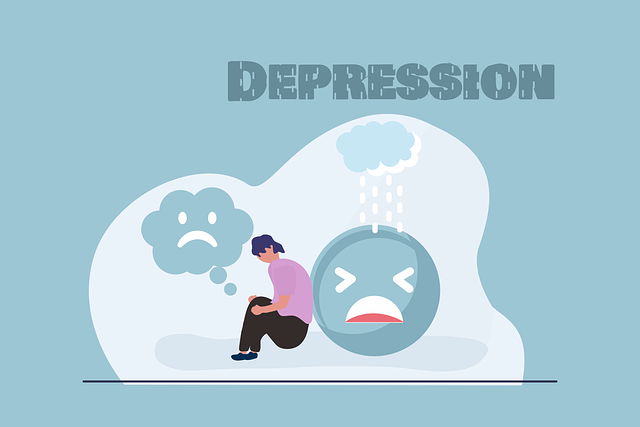Mental wellness apps are gaining popularity as effective tools for managing individual mental health, especially within the context of Northglenn Developmental Disability Therapy. These apps provide accessible, personalized care using evidence-based practices for stress, anxiety, and mood management. By offering interactive exercises, guided meditations, and community support, they enhance self-care and foster connection. For Northglenn, app development offers a promising strategy to cater to the unique needs of individuals with developmental disabilities, incorporating tailored therapeutic practices. A user-centric design, focusing on accessibility and customizable features, ensures these apps are engaging for all users while providing valuable coping mechanisms and community support.
In today’s digital age, mental wellness apps are transforming lives, especially in communities like Northglenn where developmental disability therapy is essential. This article explores the impact of these innovative tools and provides insights into developing effective apps tailored for Northglenn’s unique needs. We’ll delve into key features and considerations, focusing on accessibility and user-centric design to enhance therapeutic outcomes. By understanding the power of mental wellness apps, we can create digital solutions that make a tangible difference in the lives of those with developmental disabilities.
- Understanding Mental Wellness Apps and Their Impact
- Developing Apps for Northglenn Developmental Disability Therapy
- Key Features and Considerations for Effective App Design
Understanding Mental Wellness Apps and Their Impact

Mental wellness apps have emerged as powerful tools to support individuals’ mental health and well-being. These digital solutions offer accessible and personalized ways to navigate the complex landscape of emotional and psychological care, catering to diverse needs, including those from Northglenn Developmental Disability Therapy. By integrating evidence-based practices and therapeutic techniques, such apps provide users with resources for stress management, anxiety reduction, and improved mood regulation.
The impact of mental wellness apps extends beyond individual benefits; they have the potential to revolutionize access to care. Through features like interactive exercises, guided meditations, and community forums, these apps foster a sense of connection and support. Incorporating Mind Over Matter principles, these digital tools empower users to take control of their mental health journey while also enhancing Self-Care Practices. The growing popularity of Mental Wellness Podcast Series Production highlights the increasing demand for engaging and informative content that can be readily accessed on-the-go, further underscoring the significance of app development in this realm.
Developing Apps for Northglenn Developmental Disability Therapy

In the context of Northglenn Developmental Disability Therapy, app development offers a promising avenue to enhance support and access to care. Customized digital solutions can cater to the unique needs of individuals with developmental disabilities, integrating therapeutic practices tailored for their challenges. By focusing on features like personalized goal-setting, skill-building exercises, and interactive learning modules, mental wellness apps can become powerful tools in Northglenn’s therapy landscape.
These applications, incorporating concepts such as emotional intelligence and risk assessment, have the potential to supplement traditional therapy methods. For instance, app-based interventions could promote depression prevention strategies through mindfulness exercises and mood tracking, empowering individuals with self-management skills. This innovative approach not only complements the work of mental health professionals but also enables individuals with developmental disabilities to actively participate in their therapeutic journey.
Key Features and Considerations for Effective App Design

When designing a mental wellness app like those offering Northglenn Developmental Disability Therapy services, key features and considerations come into play to ensure effectiveness. First and foremost, user interface (UI) design plays a significant role in user engagement. A clean, intuitive layout that prioritizes accessibility and ease of use is essential, catering to individuals with diverse needs and abilities. Features like customizable dashboards, clear navigation menus, and large, readable fonts can significantly enhance the user experience, making complex therapy tools accessible to all.
Moreover, incorporating interactive elements such as guided meditations, mindfulness exercises, and mood tracking features can foster a sense of empowerment and self-care. Additionally, integrating communication strategies and conflict resolution techniques like those commonly taught in Northglenn Developmental Disability Therapy can equip users with valuable coping mechanisms. These could include chat functions for real-time support, community forums for sharing experiences, or interactive resources that teach effective communication skills and peaceful dispute resolution methods.
Mental wellness apps have the potential to significantly enhance access to care, particularly for communities like Northglenn with developmental disabilities. By incorporating key features such as customizable therapy plans, accessible communication tools, and evidence-based practices, developers can create effective digital solutions that support mental health journeys. As technology continues to evolve, the role of these apps in improving outcomes for individuals with developmental disabilities, such as those practiced in Northglenn Developmental Disability Therapy, will only grow.
